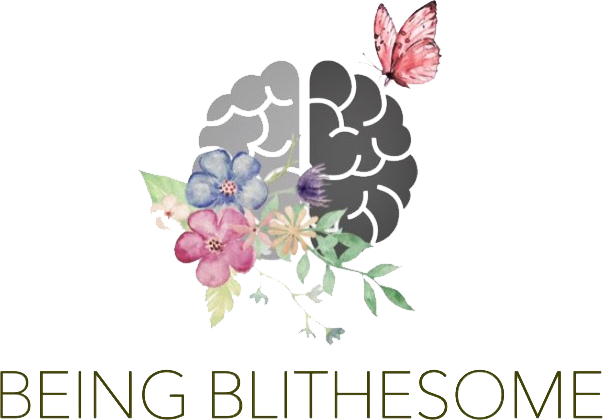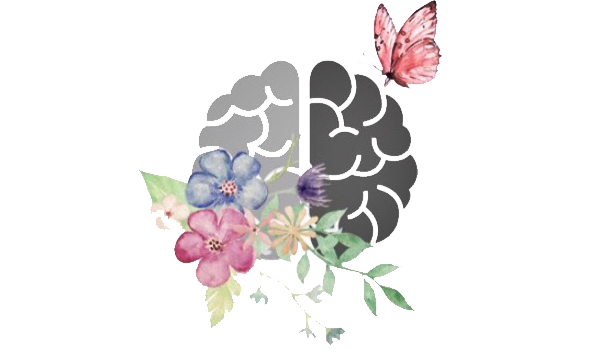Although lesbian, gay, bisexual, transgender and questioning (LGBTQ) individuals share some collective issues, their thorough concerns are sole. They are often viewed as marginalized since they are not part of the dominant sexual background society, which is heterosexuality.
However in recent years, with an ever rising presence of celebrities like Karan Johar, Ellen DeGeneres and characters on television, over and above growing public and government support for same sex marriage, it gives us the impression that the margins are getting smaller, even if it is only for some time! Yet, there are challenges that this community faces on a daily bases.
Further, it is seen that bisexuals often receive lack of acceptance regarding their sexual orientation from lesbians, gays and heterosexuals, as for them this is not something that should be valid for sexual orientation and that these people need to ‘pick on side’ in order to be accepted. This often causes stress, anxiety, depression, low self-worth and self-esteem and very low confidence, which affects them in their day to day lives.
LGBTQ individuals need ongoing support after coming out to lead healthier and happier lives, both physically and psychologically. Accepting family, friends and local society support spaces serve as encouragements for the visibility out and not-out alike. However, if they feel like they have no one to support them, reaching out to a professional formulates a huge change in their lives. As, therapists or psychologists try and provide a safe environment for all LGBTQ individuals and prepare them to address the intricacies facing the society.
During LGBTQ counseling, some of the challenge that usually comes up includes:
- coming out
- relationships and dating
- living with HIV or AIDS
- self-esteem
- dealing with shame
- substance abuse
- sexuality
- intimacy issues
- sexual or fender identity
All in all, therapists specialize in creating a warm, welcoming and loving space for individuals to explore the specific issues and hitches. The Cognitive Behavioral Techniques is bought in use to address issues with amendable emotions and irrational thoughts that prevent growth and progress. Another technique known as the Client Centred Approach is also bought to the practice, it helps individuals develop trust and learn about themselves.


